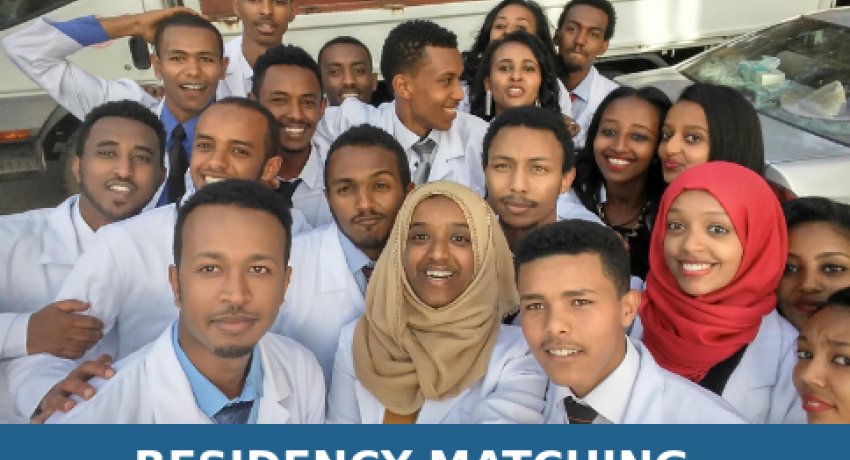Background
The Government of Ethiopia recognizes that healthcare is one of the crucial components of basic social services with direct linkage to growth and development of the country as well as to the welfare of the society. Accordingly, Ministry of Health is committed to reduce morbidity, mortality, and disability and to improve the health status of the Ethiopian people through accessing basic health services. (FMOH, 2011) Attainment of the sustainable development goal depends partly on ensuring universal access to health through enhancing quality and quantity of health workforce who can provide ranges of health care services including advanced and specialized care. Hence, Ministry of Health has rightly identified strengthening advanced training of health workers as one of the strategic priorities of the national human resources for health.
Among these strategies are to:
- Expand residency training programs through increasing the number and enrollment capacity of training institutions
- Increase the number and capacity of faculty at the training institutions through availing fellowship opportunities
The rise in public needs for advanced and better-quality care, the epidemiological transition, rapid urbanization, rising health literacy, and broader social and economic changes occurring in the country necessitate increased quality and number of medical specialists. However, the existing health care service is not meeting those needs and changes. The country is not producing highly trained health professionals in enough quantity though there has been an increase in medical specialty training programs opening in past few years. Enrollment and output has been persistently low failing to match the supply of specialist doctors to population needs.

